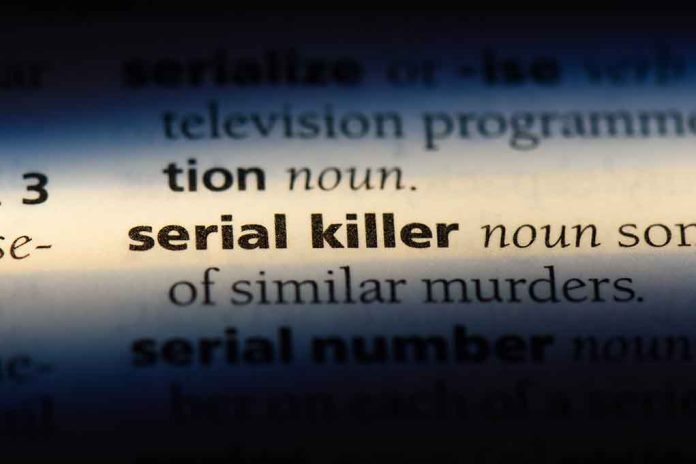
Bryan Kohberger’s defense team is prepared to name an alternative suspect they believe really committed the brutal Idaho quadruple murders, potentially sparing him from a firing squad execution if convicted.
Key Takeaways
- Bryan Kohberger’s lawyers are advancing an “alternative perpetrator” theory in the 2022 murders of four University of Idaho students, with a May 23 deadline to provide evidence.
- Judge Steven Hippler has acknowledged the defense strategy but requires substantial supporting evidence before allowing it at trial.
- If convicted, Kohberger faces possible death by firing squad, as a judge ruled his autism diagnosis does not prevent capital punishment.
- The defense is simultaneously working to suppress key evidence, including DNA found on a knife sheath and security footage showing Kohberger’s car near the crime scene.
- The trial is scheduled to begin August 11 and will be livestreamed, with specific limitations during testimony from surviving roommates.
Defense Desperate to Identify Alternative Killer
Bryan Kohberger’s legal team is racing against a May 23 deadline to provide substantial evidence supporting their claim that someone else murdered four University of Idaho students in November 2022. Kohberger, arrested on December 30, 2022, in Pennsylvania, stands accused of fatally stabbing Xana Kernodle, Madison Mogen, Kaylee Goncalves, and Ethan Chapin. Judge Steven Hippler has acknowledged the defense’s “alternative perpetrator” theory but requires concrete evidence before allowing this strategy at trial.
The defense’s proffer regarding the alternate suspect remains sealed from public view, creating significant speculation about who they might identify and what evidence they possess linking this individual to the brutal killings. During a recent hearing, Judge Hippler moved proceedings into a private session after a lunch break, further intensifying public interest in this dramatic legal strategy. With Kohberger potentially facing death by firing squad if convicted, his attorneys are leveraging every possible defense angle.
Prosecution Evidence Presents Formidable Challenge
Prosecutors have assembled what many legal experts describe as overwhelming evidence against Kohberger, including DNA found on a knife sheath at the crime scene and security footage allegedly showing his vehicle near the residence around the time of the murders. Additionally, one surviving roommate reported seeing a man with “bushy eyebrows” during the attack, a description prosecutors claim matches Kohberger. To counter this evidence, defense attorneys are working aggressively to suppress these key pieces from being presented at trial.
“Look what we’ve seen from the defense so far in this case. They are struggling here. The evidence is overwhelming, so this is really no surprise,” said Andrea Lewis, former prosecutor.
To help jurors visualize the crime scene, prosecutors have created a detailed 3D diorama of the residence where the murders occurred. The defense has also sought to exclude certain terminology during the trial, including the words “murder” and references to “bushy eyebrows,” arguing these terms could unfairly prejudice the jury. Legal experts suggest these efforts reflect the defense’s struggle against the prosecution’s substantial evidence collection.
Trial Preparations Accelerating
With the trial scheduled to begin August 11, both sides are intensifying preparations. Judge Hippler has ordered that proceedings will be livestreamed with specific camera placements and no production edits, though broadcasts will be suspended during testimony from surviving roommates. The trial will run Monday through Friday, with jurors ultimately deciding between the death penalty or life imprisonment without parole if Kohberger is found guilty of the charges against him.
“Bryan Kohberger’s lawyers are trying to save his life but pinning the grisly slayings of four University of Idaho students in 2022 on someone else, a judge revealed Thursday,” said Judge Steven Hippler.
Another hearing is scheduled for June 18 regarding the alternate suspect claim, with the judge requesting evidence supporting this theory by June 6. Former prosecutor Andrea Lewis expressed skepticism about the defense’s strategy, stating, “I do not believe that the judge is going to allow this in.” The coming weeks will be crucial as both sides prepare to argue which evidence will be admissible, including police records, search warrants, and potentially the alternative suspect theory that could dramatically reshape the trial.


